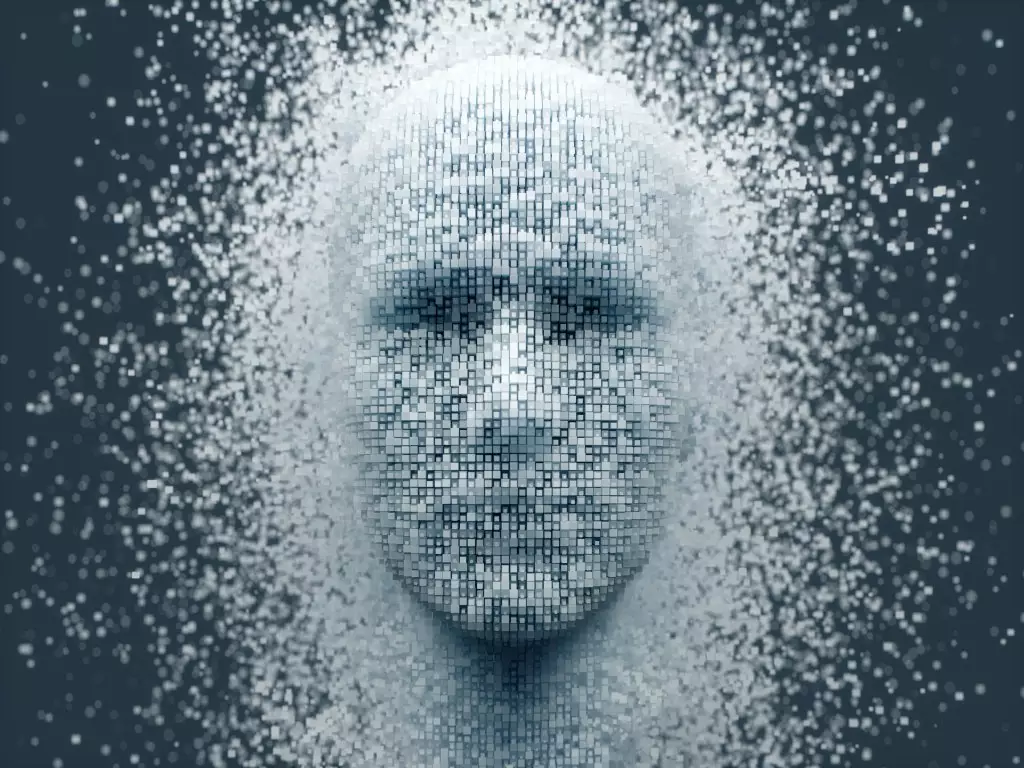In an age where technology influences every aspect of life, the plight of UK actors exposed to unconsented digital scanning raises alarming questions about choice and autonomy. Actors, who pour their souls into performances, are now facing an unprecedented invasion of privacy that many have deemed intolerable. A recent open letter from Equity, the British actors’ union, reveals the disturbing reality: thousands have been digitally scanned on set without their informed consent. This disconcerting practice has sparked widespread outrage, echoing the broader concern over individual rights in a society increasingly dominated by artificial intelligence.
Actors, like Tamsin Greig and Alan Davies, have put their signatures to this letter, standing united against this digital infringement. The sentiments expressed by Equity reflect a growing awareness that artistic performances are being commodified, stripped of consent and context. The union’s language is a clarion call: “We have no transparency around how our performances, likeness, and personal data are being recorded, stored, and processed.” This sentiment resonates beyond the immediate scope of acting; it speaks to the ethical implications of AI and the need for clear boundaries when it comes to digital representation.
Navigating Negotiations: A Battle for Rights
As Equity prepares to re-enter negotiations with Pact, the tension surrounding AI protections remains palpable. With nearly 1,500 signatures backing the open letter, the union’s advocacy signals an alarming readiness to escalate the conflict. As General Secretary Paul Fleming aptly states, Equity stands “industrial action ready.” This determined stance indicates an overarching principle: that artist rights must not be compromised in the quest for technological advancement.
The stakes are particularly high as these negotiations are set to define the collective agreements that govern the majority of British TV shows and indie films. AI safeguards are no longer a fringe issue; they are central to the conversation about the future of creative industries. Equity’s insistence that they will not accept any deal that neglects protections for personal data underscores a crucial point: artists are not mere commodities to be used at the whim of producers and studios.
The Implications of AI Training and Artistic Integrity
Equity’s constructive proposal for AI training provisions is an attempt to strike a balance between embracing technological innovation and protecting the integrity of artistic work. The nuances of such negotiations reflect a deeper philosophical battle over ownership and authenticity. Is it ethical for AI to learn from human performances without compensating those creators? Equitable answers to these questions could set a precedent for how AI is utilized across various fields, not just the arts.
The situation becomes even more convoluted with the BBC and ITV standing apart from the negotiations, choosing to delay AI provisions until the Equity-Pact discussions reach a resolution. This ambiguity places additional stress on performers who rely on these media giants for their livelihoods. The broadcasters claim to keep discussions regarding AI provisions “firmly on the table,” yet actions speak louder than words. Their hesitance to engage fully in the evolving discourse may sow distrust among artists, who fear becoming collateral damage in this technological upheaval.
The Urgency of Legislation Amidst Corporate Interests
As the UK government weighs the possibility of legislation mandating that copyright holders must opt-out of having their material used for AI training, the urgency of safeguarding rights becomes even clearer. This potential policy change signifies a pivotal moment: one that could redefine the power dynamics between creators and the corporations that control media distribution.
In this complex landscape, maintaining a balance between innovation and respect for individual rights is crucial. Actors are not mere entities; they are creators who imbue characters with life and meaning. Their likenesses and performances deserve the same respect in the digital realm that they command on stage or screen. As the conversation continues, we must question the ethics of AI use and advocate for a future where artists reclaim control over their personal data, ensuring that the technological advance does not come at the cost of human dignity.


Leave a Reply